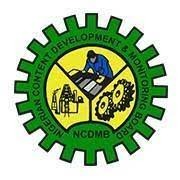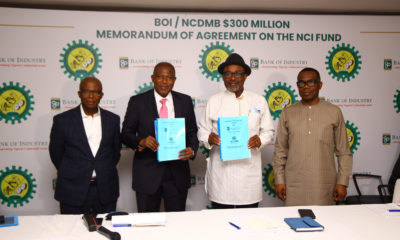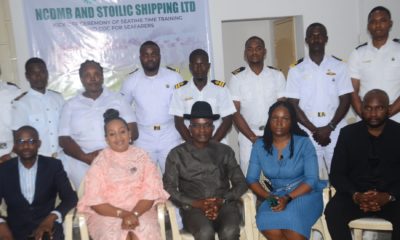Energy
NCDMB To Set Minimum Benchmark for Women in Oil and Gas…to begin disbursement of $40m Women Fund
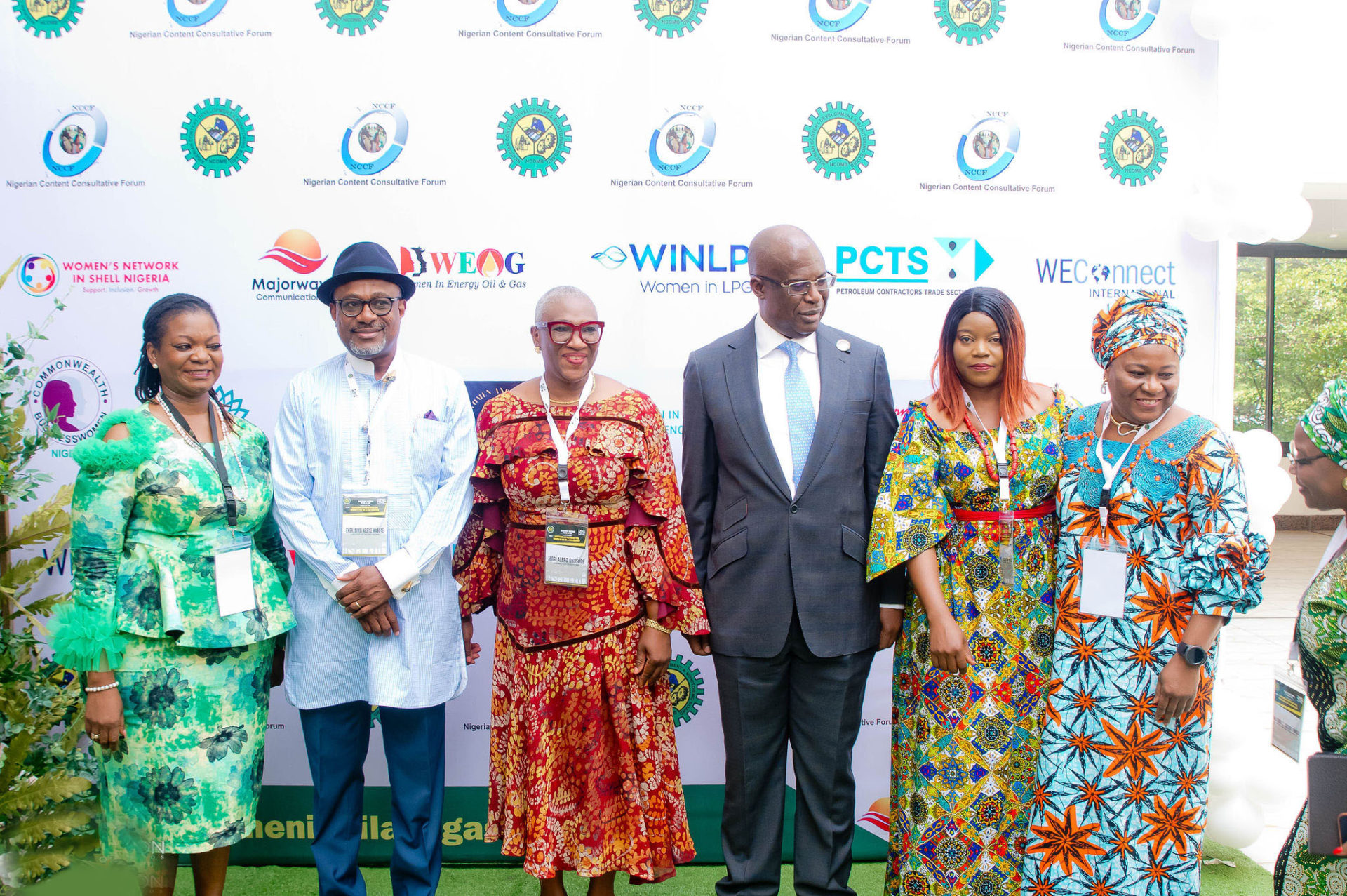
Modupe ASUDO
ABUJA-THE Nigerian Content Development and Monitoring Board (NCDMB) has announced plans to set a minimum percentage of females that must be included in any human capacity development (HCD) programme or any other initiative that it will approve for the Nigerian Oil and Gas Industry.
The Executive Secretary of NCDMB, Engr. Simbi Kesiye Wabote, stated this on Tuesday at the 2nd Nigerian Women in Oil and Gas Conference. He said the Board would work on the policy and communicate it to the industry as soon as possible.
The conference was organised by the NCDMB in partnership with the Diversity Sectorial Working Group of the Nigerian Content Consultative Forum (NCCF), which was set up by the NCDMB to advise it on policy directions.
Speaking on the $40m Women in Energy Fund which the NCDMB set up in partnership with the Nigerian Export-Import Bank (NEXIM Bank), the Executive Secretary indicated that 15 applications have been received and three have been approved and disbursement of funds would soon start. He added that the online portal for the fund was launched two weeks ago, and this would speed up and reduce human interface in the application and processing.
He commended the performance of women in various roles in the oil and gas industry and canvassed for their inclusion in the administration of the various Trusts and Funds that were established by the Petroleum Industry Act (PIA) 2021, notably the Host Community Development Trust, Host Community Development Trust Fund and Environmental Remediation Fund.
Speaking further, the NCDMB boss confirmed that the Oil and Gas Industrial Parks in Bayelsa State and Cross River state are getting ready for completion and will commence operations next year. He noted that the Board had started inviting applicants for allocation of plots to set up manufacturing outfits in the park and encouraged women-owned businesses with workable proposals to apply as they will be given special consideration as part of the Board’s commitment to mainstream women into the oil and gas industry.
Providing an update on the administration of the Women in Energy Fund, the Managing Director of NEXIM Bank, Mr. Abba Bello explained that applicants would need to meet set criteria before they can access the fund. “It is a loan and not a grant and applicants have to meet the conditions, so we can achieve the intended purpose,” he said. Represented by the Head Specialised Products at the Bank, Mr. Mohammed Aumiz, the NEXIM Bank boss explained that it takes only 22 days for an application to be processed and an offer letter issued if the company met the criteria.
Earlier in his remarks, the Minister of State for Petroleum Resources, Chief Timipre Sylva commended the NCDMB for inaugurating the Diversity Sectorial Working Group under the NCCF as provided in Section 58 of the Nigerian Oil and Gas Industry Content Development (NOGICD) Act. He noted that women make up 48 percent of the global labour force, but they only account for 22 percent of the labour force in the oil and gas sector.
Quoting a recent study by Global Energy Talent Index, the Minister said women occupy about 50 percent of non-technical positions at entry-level compared to only 15 percent of technical and field role positions, hinting that gender diversity and inclusion decreases with seniority, with only a tiny proportion of women in executive positions. “The percentage of women in the industry drops from 36 percent to 24 percent between the middle and executive level,” he noted.
He confirmed that the Nigerian government has been deliberate in introducing gender-friendly policies aimed at increasing access to funding, award of contracts and support for research and development in the interest of women operators in the Nigerian oil and gas industry.
The Minister harped on the need to be deliberate in getting more girls into Science Technology Engineering and Mathematics (STEM), which is a pathway to careers in the oil and gas industry.
He also advised women in the Nigerian Oil and Gas industry to work together towards increasing participation of fellow women in the industry by engendering growth, building capacities and capabilities, identifying opportunities, mentoring and coaching.
In her goodwill message, the Chairperson NNPC Board, Senator Margery Chuba-Okadigbo challenged the NCDMB to institute a development programme like the Project 100 for oil and gas firms owned by women. She said the implementation of the Petroleum Industry Act (PIA) provides a good opportunity to mainstream more women in oil and gas activities. She also recommended formal mentorship and role modelling for younger women coming up in the oil and gas industry.
Energy
Sahara Group Urges More Refining, Storage To Boost Africa’s Downstream
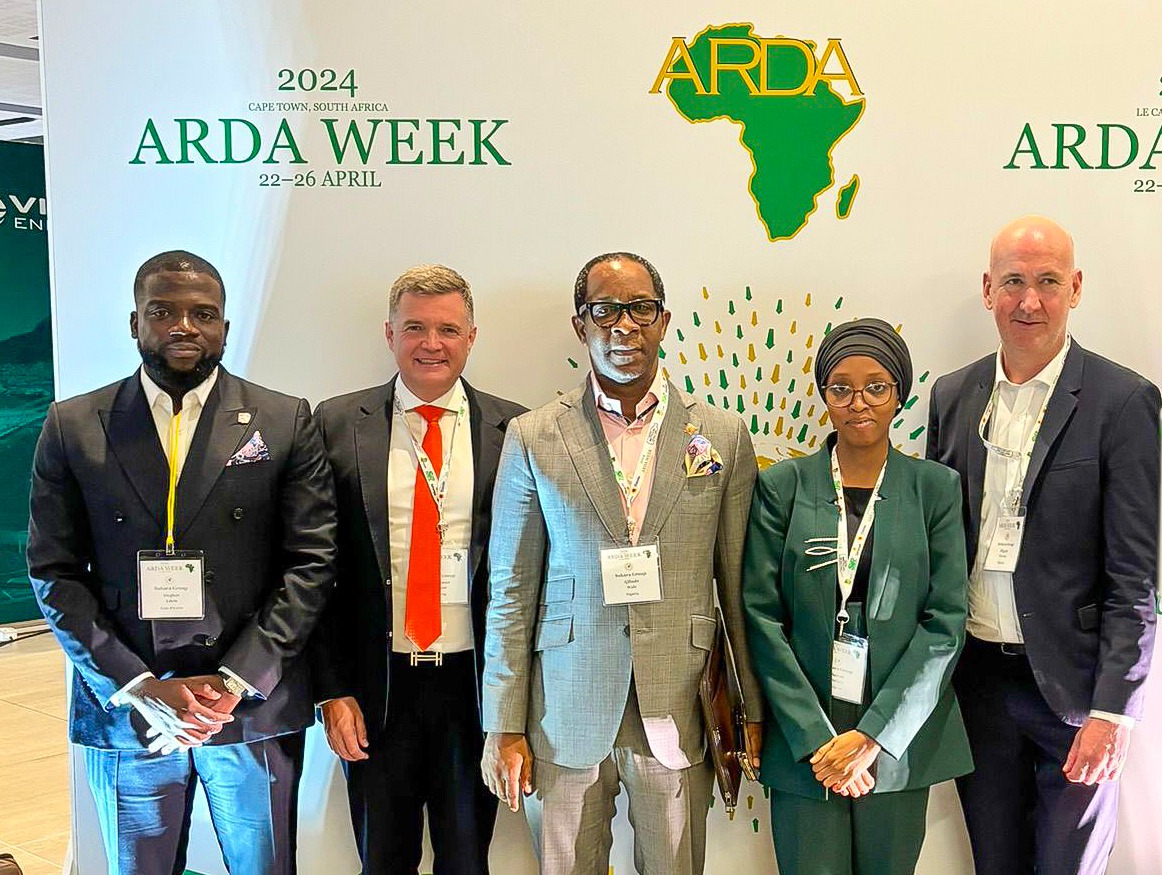
Inadequate refining capacity, insufficient storage, and impeded product movement across Africa are the three major impediments slowing the growth of the continent’s downstream oil sector, Wale Ajibade, Executive Director, Sahara Group has said.
Ajibade expressed his views in a paper “Africa Downstream Market Developments and Forecast” presented at the recently concluded Africa Refiners and Distributors Association (ARDA) Week 2024 in Cape Town, South Africa.
He maintained that addressing these gaps would transform Africa’s downstream petroleum industry.
Biztellers reports that the ARDA Week 2024 is Africa’s foremost gathering of stakeholders in the downstream oil industry.
Ajibade noted that shoring up the continent’s refining capacity was critical to sustaining efficiency, availability and accessibility in the sector.
He explained that as Africa explored ways of achieving hitch-free energy transition, efforts must be made to ensure optimisation of the sector’s value responsibly and collaboratively.
In his words, “Many African countries lack sufficient refining capacity to meet domestic demand, leading to heavy reliance on imports. This lack of self-sufficiency leaves these markets vulnerable to supply disruptions.
“Addressing this would require fresh investments and collaboration across the sector’s value chain.”
On insufficient storage infrastructure, Ajibade pointed out that this has continued to hamper the ability to maintain strategic reserves and ensure reliable supply during times of high demand or supply chain disruptions.
“In East Africa, shippers at Beira, Dar es Salaam and Mombasa — the key entry ports for refined products — are experiencing significant demurrage. Ageing and poorly maintained pipeline networks result in significant product losses and distribution bottlenecks,” he stated.
According to him, a collaborative solution which involves regulators, operators, investors, financial institutions, and government owned oil companies is required to help the African downstream sector to reach its full potential and provide reliable and affordable energy access to the continent’s growing population.
“Africa’s downstream Market leaders will need to work closely with her the various governments and agencies to carefully navigate the complex challenges through regulation and technology adoption while pushing for sustainable growth across Africa,” he added.
He also stated that the continent increasingly relied on imports of refined products to support consumption growth, primarily due to the underutilisation of existing refineries caused by technical issues.
He called for, “Investments in refinery upgrades, pipeline modernisation, and the construction of new storage facilities will be crucial to overcoming these challenges and unlocking the region’s energy security and economic development.”
Highlighting some positive trends in the sector, Ajibade said the African downstream market is experiencing rapid growth and transformation, driven by soaring energy demand, population growth, and the focus on industrialisation, urbanisation, and economic He explained that these would drive the demand for refined petroleum products, petrochemicals, and related downstream services is forecasted to grow by up to 30% by 2040.
“Africa is experiencing a lot of migration from rural to urban areas. In 2015, Africa had only six cities with more than five residents compared to 17 expected in 2030. Africa has experienced an increase in the number and capacity of industries across the continent, with industrial GDP set to double by 2025,” he said.
On the promotion of regional and cross-border trade, Ajibade noted that initiatives such as the African Continental Free Trade Area are promoting regional integration and facilitating cross-border trade in downstream products.
“This is encouraging investments in integrated downstream assets, logistical infrastructure, and harmonised regulatory frameworks to capitalise on the expanded market opportunities,” concluding that production of chemicals, plastics, lubricants, and specialty products would foster self-sufficiency and spur economic growth through increased job creation, reduced import reliance and enhanced technological innovation,” he added.
Energy
NNPC Ltd, Partner Unlock 12,000bpd Production From Awoba Unit Field
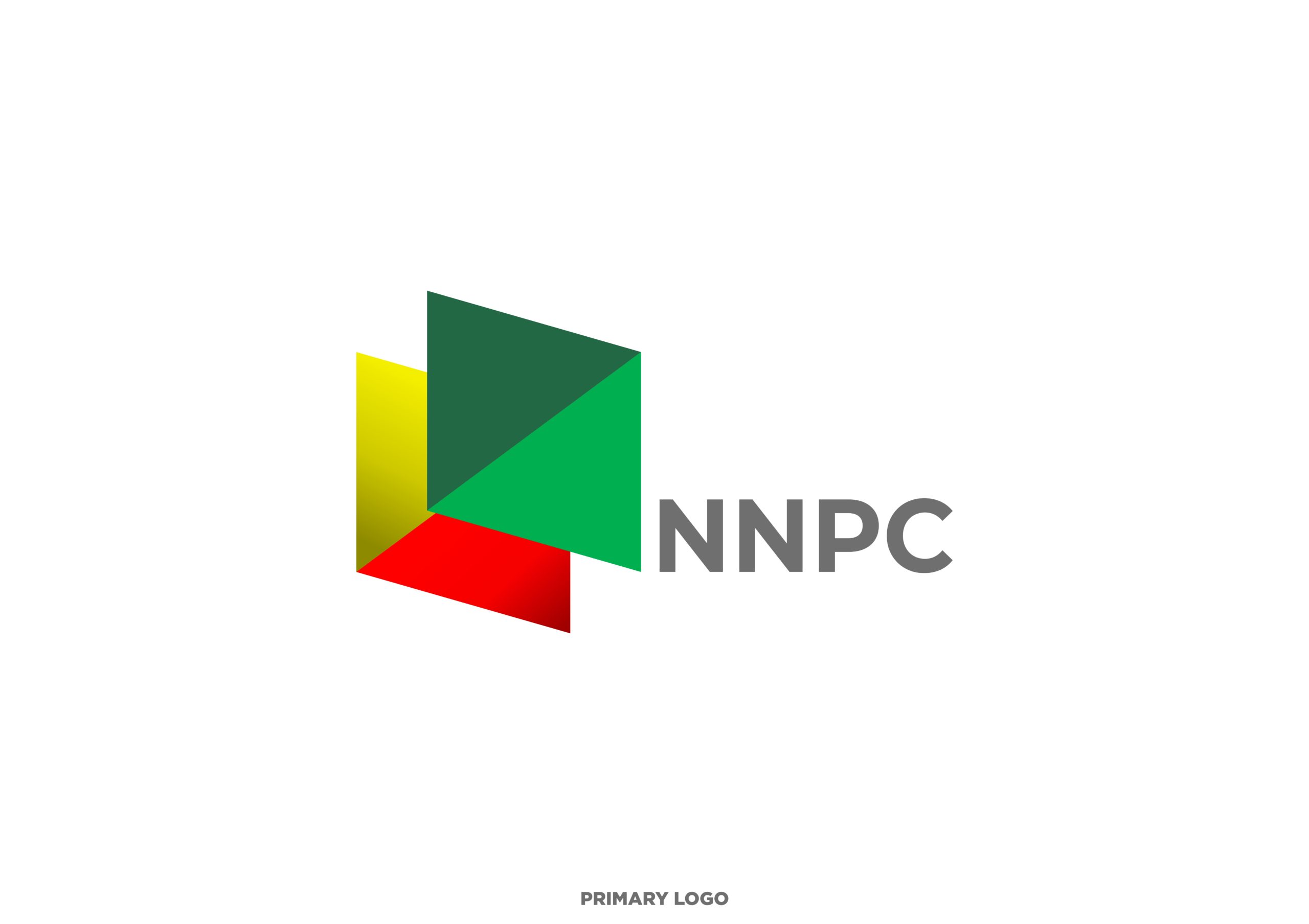
Keen on optimising production from the nation’s hydrocarbon assets to boost revenues and meet her OPEC production quota, the Nigerian National Petroleum Company Limited (NNPC Ltd.) and its Joint Venture partner in the Awoba Unit Field, Newcross Exploration and Production Ltd., have restarted production from the Awoba field which last contributed production to the Bonny Terminal in 2021 and was finally shut down in February 2022 due to evacuation issues and crude oil theft.
This was contained in a statement put out on the state oil company’s X handle on Tuesday from Abuja, under the signature of its Chief Corporate Communications Officer, Olufemi O. Soneye.
He asserted that since the restart of the Awoba field by NNPC Ltd and it partners on April 13, 2024; production from the field has averaged 8,000 barrels per day and is expected to plateau at 12,000 per day at full ramp up within 30 days.
Awoba is also expected to significantly boost gas supply to the power sector and other gas-based industries, Soneye added.
Biztellers reports that the Awoba Unit which straddles OMLs 18 and 24 is located in the mangrove swamp south of Port Harcourt, Rivers State. Both OML 18 and OML 24 assets are under the management of the NNPC Upstream Investment Management Services (NUIMS).
Recall that the NNPC Ltd. has been recording a string of production successes from the JV portfolio which have significantly lifted overall national production. Besides the recent start of production at the Madu Field by the NNPC Ltd/First E&P JV, the company has achieved the restart of production at OMLs 29 and OML 18 in late 2023 which have steadily contributed an average of 60,000bpd to the nation’s production output since their restart.
The Group Chief Executive Officer of NNPC Ltd., Mallam Mele Kyari, ascribed the achievement to the President Bola Ahmed Tinubu administration’s success in providing enabling operating environment for businesses to thrive.
He expressed appreciation to all stakeholders (staff, operators, host communities, government security agencies, and private security contractors) who played a pivotal role in achieving the feat.
Energy
NNPC Ltd, First E&P Achieve 20,000bpd Production At OML 85
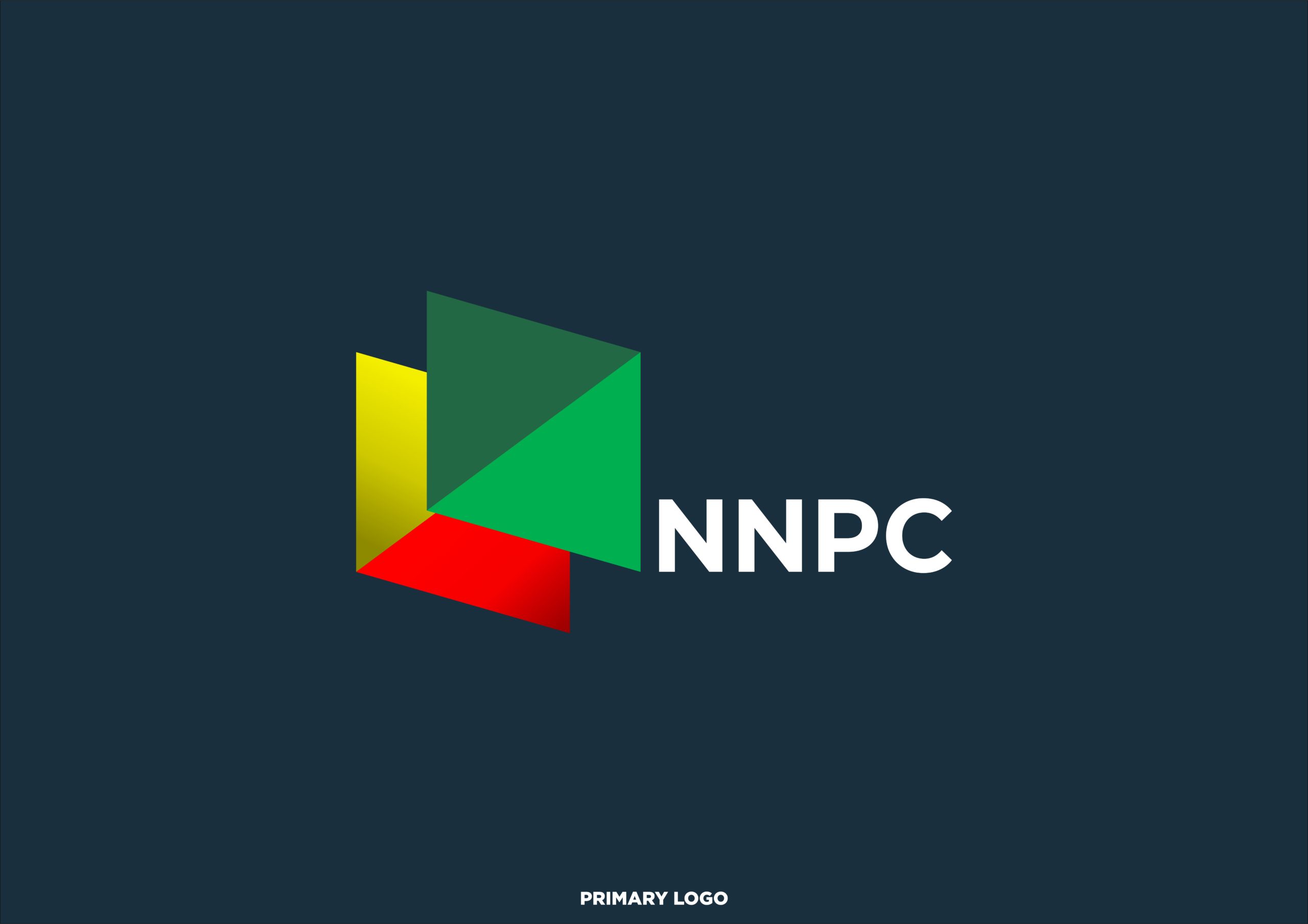
The Nigerian National Petroleum Company Limited (NNPC Ltd) and its Joint Venture partner in OML 85, First Exploration and Petroleum Development Company Limited (First E&P), have commenced oil production from the asset also known as Madu Field.
Biztellers reports that production from the field which is located in shallow waters offshore Bayelsa State and operated by First E&P is expected to be at an average of 20,000 barrels per day.
The achievement is a testament to the commitment of the President Bola Tinubu administration to optimise production from the nation’s oil and gas assets through the provision of enabling environment for existing and prospective investors.
According to the Group Chief Executive Officer of NNPC Ltd, Mele Kyari, the commencement of oil production at the Madu Field is a significant milestone that will contribute to the larger goal of meeting the production required to drive revenue growth and boost the nation’s economy.
He commended stakeholders for their support, and opined that the addition of 20,000 barrels per day by an indigenous oil player signals the commitment of stakeholders to achieving economic development for Nigeria.
Recall that the Final Investment Decision (FID) on the development of the Madu Field and a sister field, Anyala, was taken by the NNPC Ltd/First E&P JV in 2018.
Production from the Madu Field will be processed at the JV’s Abigail-Joseph Floating Production Storage and Offloading (FPSO) Unit, which has a crude oil storage capacity of up to 800,000bbls.



